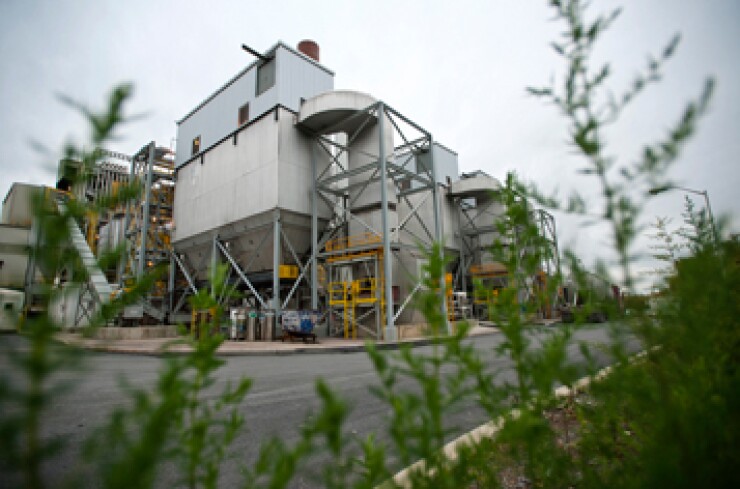Harrisburg, Pa., Mayor Eric Papenfuse said Monday he will declare a state of fiscal crisis for Pennsylvania’s capital city, which seven years ago attempted a Chapter 9 bankruptcy filing.
According to Papenfuse, the state legislature’s passage Friday of a $32.7 billion fiscal 2019 budget that lacked a provision allowing the city to exit the state-sponsored Act 47 program for distressed cities while keeping its special taxing authority prompted its move.

"With the state legislature's failure to act to extend Harrisburg's taxing authority beyond Act 47, the city now faces a looming financial catastrophe.” That, he said, will require the city to implement austerity measures to begin to close a projected $12 million budget deficit over three years.
City officials wanted state lawmakers to grant Harrisburg's request to exit distressed-city status while extending the expanded-taxing powers through a special status in the state’s fiscal code. An amendment to the state budget, though, stalled in the Senate appropriations committee.
"That issue is something we'll continue to discuss, but for the purpose of these bills that we're running now, it's not part of that discussion,” said committee chairman Pat Browne, R-Allentown.
Harrisburg’s state-appointed recovery coordinator, Marita Kelley, has recommended a three-year exit plan. That timeframe, she said in a
Burdens, she said, include a “very limited” tax base, increasing costs for collective bargaining contracts, increasing costs for supplies and legacy cost obligations.
According to Kelley, a four-year outlook shows the city's baseline operating expenditures increasing by 5% while its baseline operating revenue over five years is projected to rise by only 1.3%.
“Consequently, the city is projected to incur baseline operating budget deficits by 2020 in the absence of a financial plan,” she said. “The city needs the additional time available under an exit plan to address this through the exploration of home rule or to bring about legislative change.”
Harrisburg's previous crisis spiraled after cost and bond financing overruns related to a waste-to-energy incinerator retrofit project left the 49,000-population city with roughly $400 million in debt.
The City Council filed under Chapter 9 in October 2011 over the objections of then-mayor Linda Thompson, but federal bankruptcy Judge Mary France negated the filing six weeks later, citing a state law that restricted Harrisburg.
Harrisburg negotiated an intricate five-year recovery plan under state-appointed receiver William Lynch. The Commonwealth Court of Pennsylvania approved the plan in September 2013.
Papenfuse, who took office in January 2014, has said the "distressed" designation has hindered Harrisburg’s ability to attract new businesses and to trim debt costs through refinancing.
Last month, state and city officials filed a
Defendants in the lawsuit included law firms Buchanan, Ingersoll & Rooney PC; Obermayer, Rebmann, Maxwell & Hippel LLP; Eckert Seamans Cherin & Mellott, LLC; and Foreman & Caraciolo PC.
Financial firms RBC Capital Markets Corp. and Public Financial Management were mentioned, as was engineering firm Buchart Horn Inc.
Pennsylvania on Friday became the 41st state to pass an FY19 budget -- including 16 states that passed biennial budgets last year -- according to Alan Schankel, a managing director at Janney Capital Markets.
Wolf’s signature marked the first on-time spending plan in four years for the Democratic governor, who works with a Republican-controlled legislature and is seeking re-election.
The $32.7 billion total represents a roughly $700 million rise in new spending, up 2.2% from the last enacted budget. Wolf signed the fiscal 2018 plan without a balancing revenue package, to which he and the legislature agreed four months later.
Sales and income tax rates, which produce Pennsylvania’s two revenue sources, remain the same, while the budget involves no new severance tax on natural gas production. It does. However, impose a $75 million, or 34%, increase in an assessment on hospitals.





